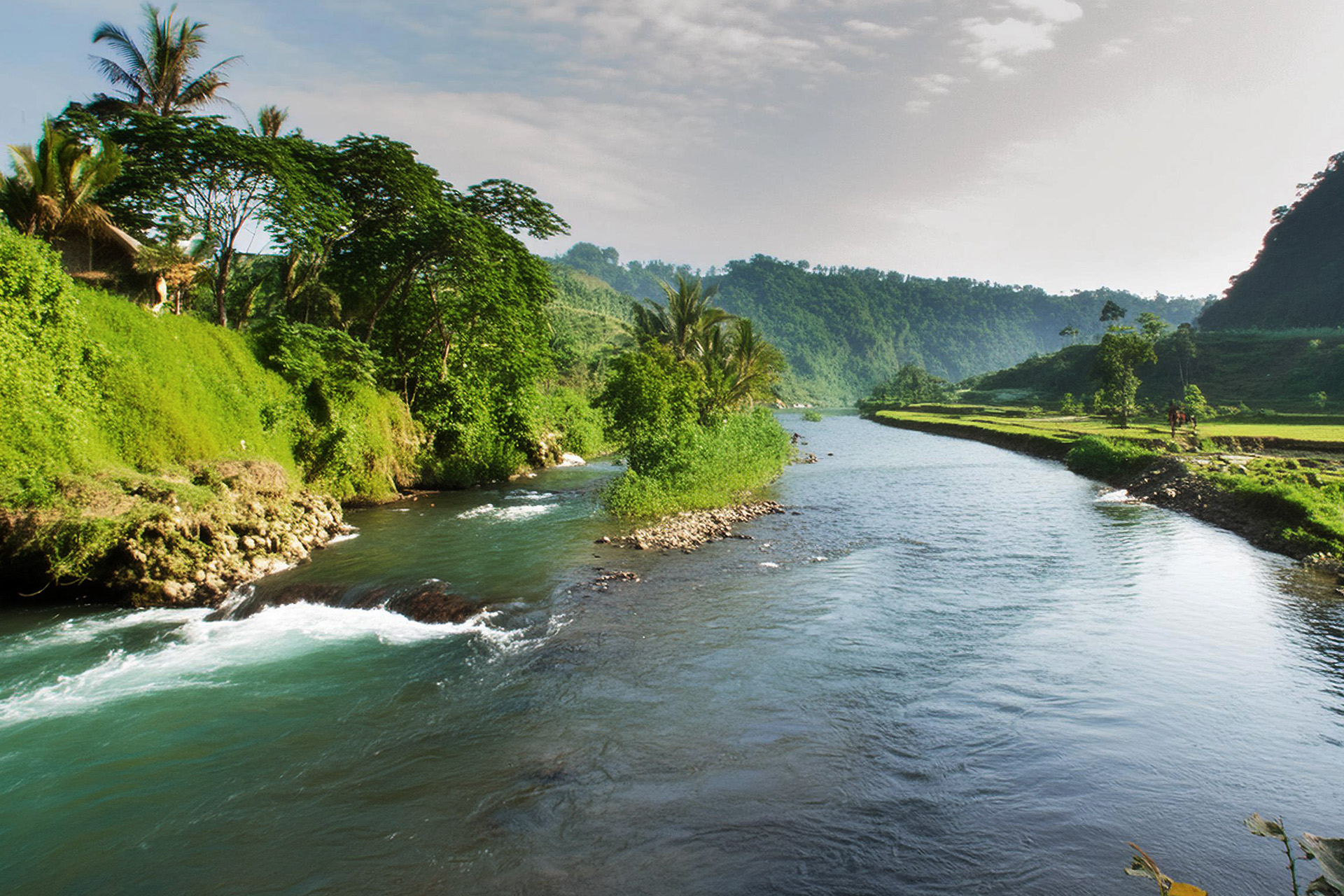The Musi River faces severe environmental challenges due to industrial pollution and widespread contamination. Operations in the coal, rubber, and cement industries contribute significantly to the pollution levels, with monitoring efforts revealing alarming levels of pollutants at 41 locations along the river. The discharge of industrial and domestic waste, including hazardous metals and chemicals, poses a significant threat to both the environment and human health. This pollution disrupts the local ecosystem, as evidenced by mass fish deaths in certain areas caused by toxic waste from palm oil industry activities. Such ecological degradation not only affects biodiversity but also risks the livelihoods of communities that rely on the river as a food source.
InterventionEnhancing industrial regulations is a key focus, with stricter controls on waste disposal and compliance encouraged through education and awareness programs to minimize harmful discharges into the Musi River. The establishment of urban wastewater treatment plants (IPAL) aims to treat industrial and domestic sewage before it is released into the river, thereby mitigating contamination and preserving water quality. Community engagement and education initiatives are also crucial, involving collaboration with local communities and environmental organizations to raise awareness about river conservation and provide training on sustainable waste management practices. Additionally, promoting regenerative agroforestry initiatives among communities residing near the riverbanks is intended to prevent soil erosion, enhance biodiversity, and improve the resilience of watersheds while offering alternative livelihood options.

